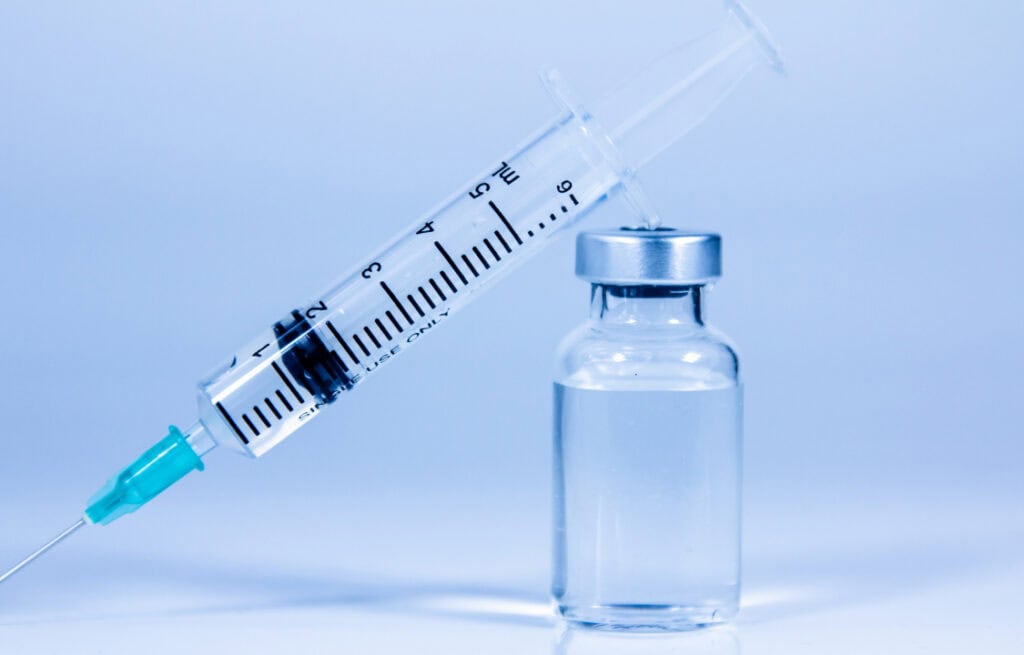Kenya is set to become one of the first countries globally to roll out Lenacapavir (LEN), a long-acting injectable drug for HIV prevention, with availability expected by January 2026. The move follows the drug’s endorsement by the World Health Organization (WHO), which issued new guidelines recommending LEN as an additional pre-exposure prophylaxis (PrEP) option for individuals at high risk of HIV infection.
The Ministry of Health, through the National AIDS and STIs Control Programme (NASCOP), has confirmed plans to fast-track the drug’s rollout in partnership with global health organizations and local stakeholders. The initiative forms part of Kenya’s broader strategy to end HIV/AIDS as a public health threat by 2030.
Lenacapavir is administered just twice a year, offering a significant advantage over daily oral PrEP. It is especially promising for individuals who face challenges with daily medication adherence, experience stigma related to HIV prevention, or have limited access to consistent healthcare services. Its long-acting nature is seen as a potential game-changer in the effort to reduce new HIV infections.
The announcement of LEN’s global approval came during the 13th International AIDS Society Conference on HIV Science, where it was highlighted as a major step forward in HIV prevention science. Although the development of an effective HIV vaccine remains a work in progress, LEN is being positioned as the most effective interim solution due to its high efficacy demonstrated in clinical trials.
LEN joins the WHO’s growing arsenal of HIV prevention tools, which already includes oral PrEP, injectable cabotegravir (CAB-LA), and the dapivirine vaginal ring. The health agency is urging countries and donors to accelerate the integration of these tools into national prevention programs and to invest in collecting real-world data on their uptake and effectiveness.
The push for more innovative and accessible prevention options comes at a critical time. Global HIV prevention efforts have plateaued, with 1.3 million new infections recorded in 2024 alone. Vulnerable and marginalized populations including sex workers, men who have sex with men, transgender individuals, people who inject drugs, those in prisons, and adolescents continue to bear the brunt of new infections.
In Kenya, the rollout of Lenacapavir will complement existing biomedical HIV prevention strategies such as oral PrEP, post-exposure prophylaxis (PEP), voluntary medical male circumcision, and widespread condom distribution. To ensure success, health experts emphasize the need for simplified and community-friendly service delivery models, including multi-month dispensing and access through pharmacies, mobile clinics, and outreach programs.

